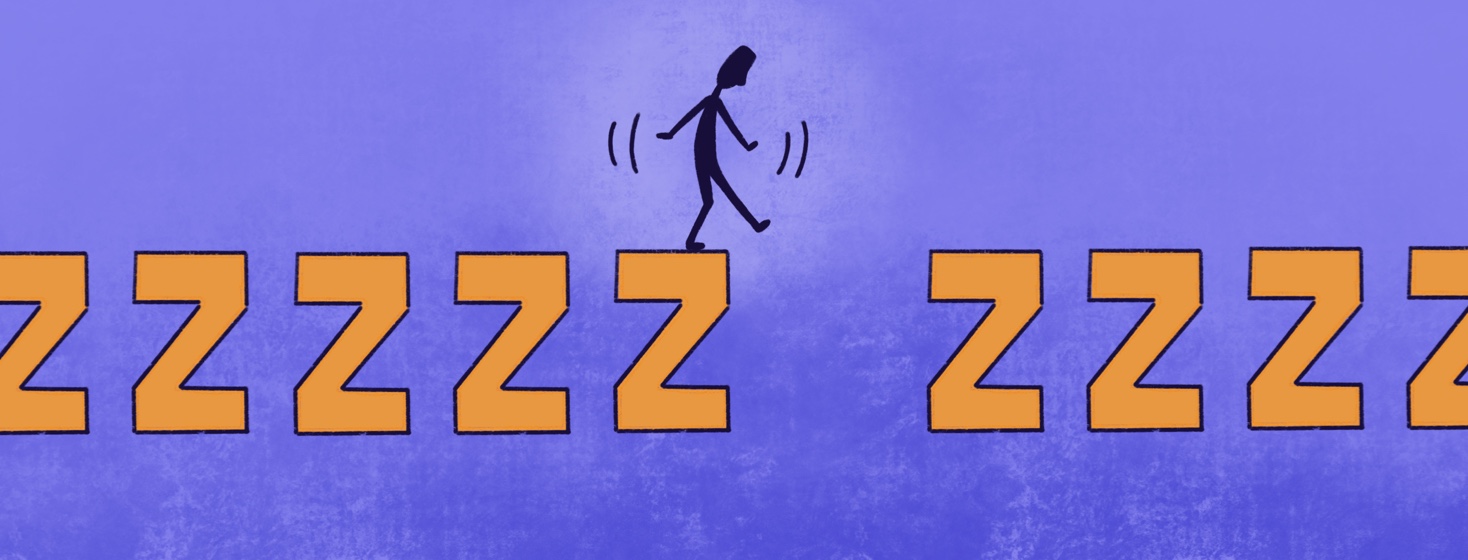If Sleep Is So Important, Why Is the Impact of Narcolepsy So Overlooked?
We are always being told about the importance of sleep by health professionals and in the media. One example comes from the Mental Health Foundation (UK), whose article on the importance of sleep states: “Sleep is essential – It is as important to our bodies as eating, drinking, and breathing, and is vital for maintaining good mental and physical health.”1
The many impacts of sleep quality on physical health
Getting enough sleep is as important to maintaining physical health as exercise and eating a balanced diet.1
Health benefits to getting a good night's rest include:2,3
- Improved memory and learning
- Lower risk of obesity
- Lower risk of heart disease
- Lower risk of stroke
- Improved mood
- A stronger immune system
Not only can sleep have an impact on our daily functioning, but it is also vital in the maintenance of our long-term health. If we want to actively improve our health, we are inundated with message after message about the importance of good quality sleep. It is often considered part of the foundations of improving your overall health.
Why is the impact of narcolepsy on physical health so overlooked?
What happens when we cannot get good quality sleep? How can I improve my health if one of the most important aspects is broken?
This is something that terrifies, depresses, and infuriates me. With narcolepsy, we do not and cannot get good quality sleep. Consequently, it’s bound to have an impact on overall health, yet I feel this is rarely spoken about or taken into consideration.
If sleep affects so many bodily functions, then why is the impact of narcolepsy so overlooked? What are the long-term impacts of having such disrupted and poor-quality sleep? What impact is this having on my body in the long term? So many unanswered questions.
A lack of knowledge about conditions
Furthermore, I find that narcolepsy is rarely considered in the management of other conditions. For example, to manage condition X, a doctor might tell you to lose weight but fails to consider the impact that narcolepsy has on weight gain and losing weight.
I guess this comes down to a lack of knowledge — not just lack of knowledge by most people about narcolepsy and its impacts, but even by those who are specialists in sleep disorders.
The role of hypocretin cell deficiency
Finding out that a low level of hypocretin cells is associated with narcolepsy type 1 (narcolepsy with cataplexy) was a fantastic discovery. Research has shown that in people who have narcolepsy with cataplexy, most of the hypocretin-producing neurons in the brain "die off."4,5
However, it terrifies me that our brains are deficient in these cells. I cannot help but feel like this is something that is massively overlooked. What real impact does this have on the body in the short-term and long-term? Am I at increased risk of getting certain diseases? More and more unanswered questions.
Research is still catching up
I would say this is because the role of hypocretin cells in narcolepsy in humans was only discovered as recently as 2000. To put this into perspective, the role of insulin deficiency in causing diabetes was discovered as early as 1910.5,6
Therefore, narcolepsy research is massively behind a lot of other chronic health conditions. However, it provides promise for the future as, in the research world, narcolepsy research is still in its early stages. I believe we need a lot more research into the impact of the destruction of these cells both short-term and long-term.

Join the conversation